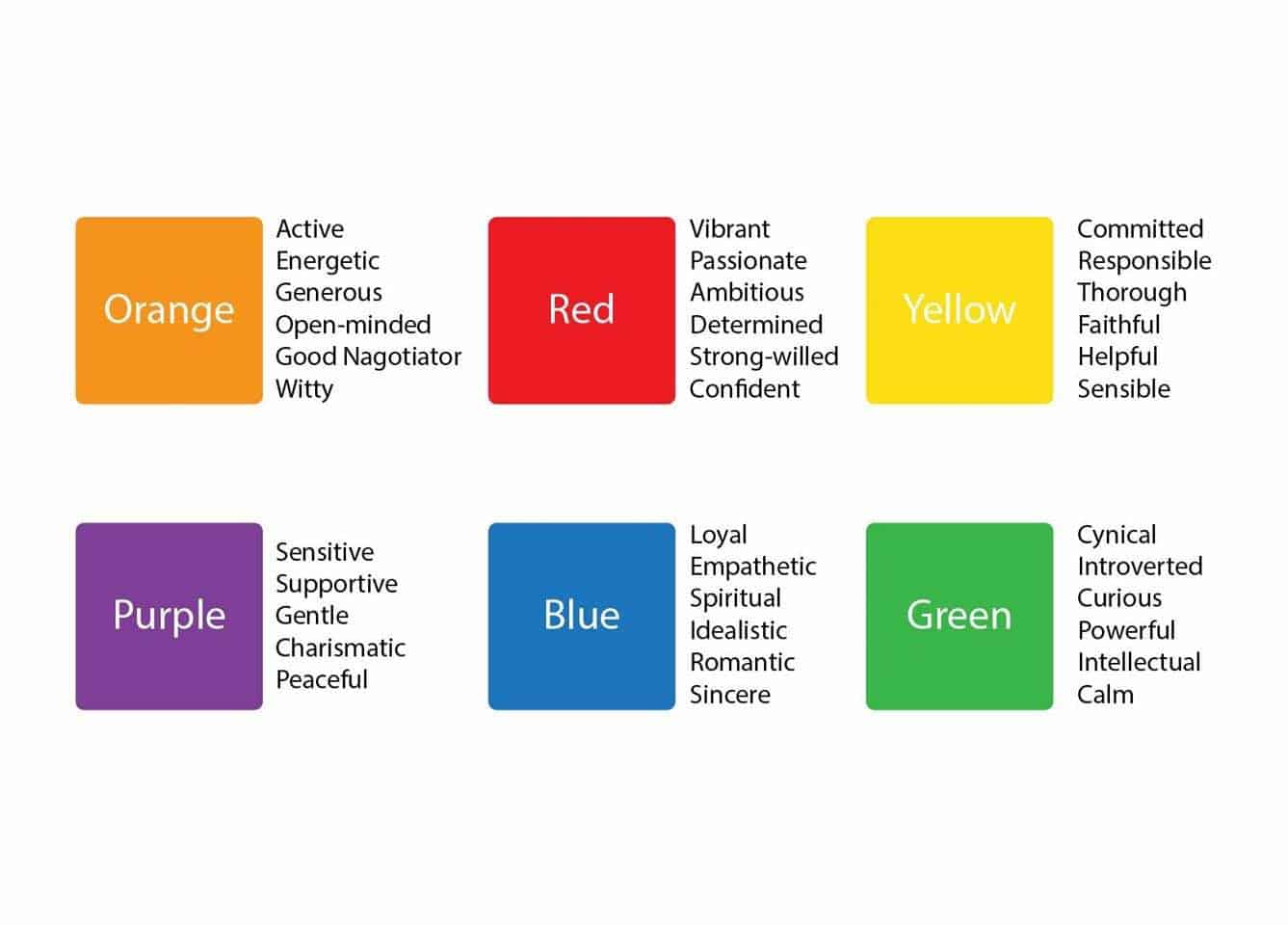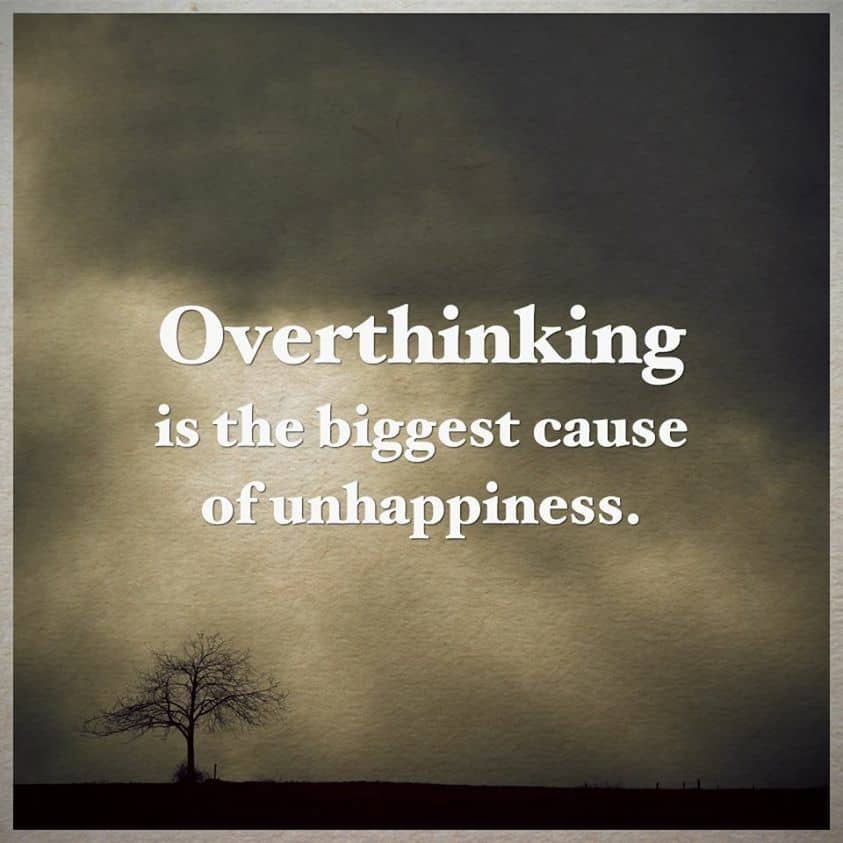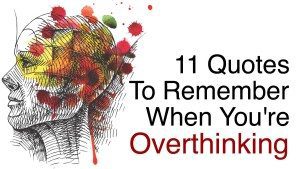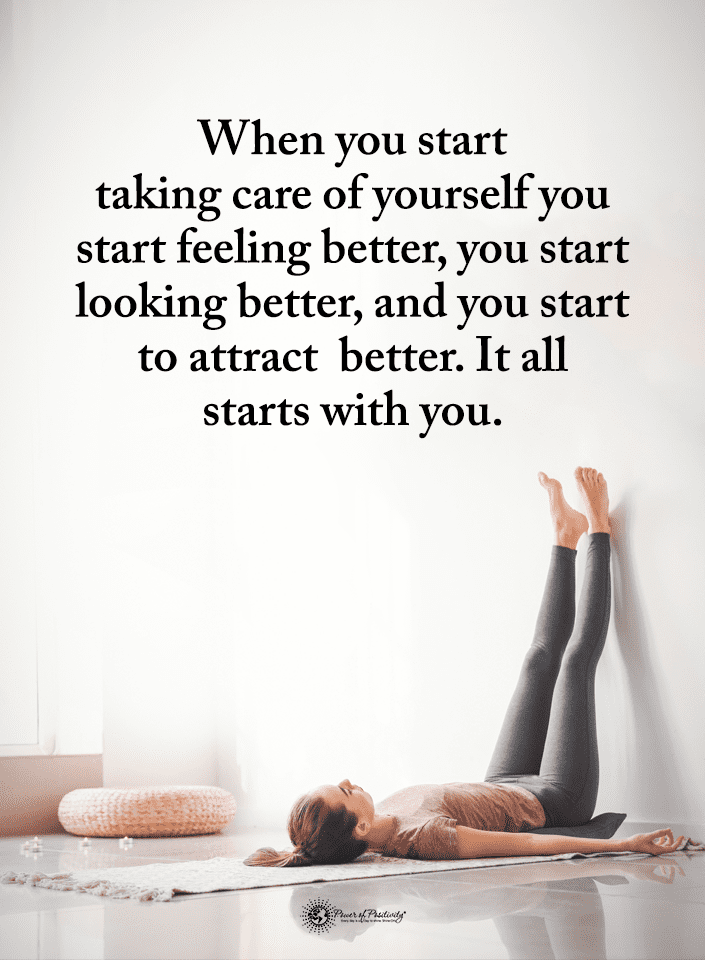You knew what was going to happen before it happened and the fact that you had psychic ability and could read minds surprised you. This experience of being right on with your intuition about things that haven’t happened yet is more common than you might think.
It’s possible that psychics don’t have any skills beyond what we possess ourselves. Psychics have simply learned to be excellent observers. With practice, you can learn to develop your psychic abilities so that reading someone’s mind becomes a powerful tool.
Predicting someone’s thoughts is easier the more that you know about reading people. In learning to detect the small, observable things that people do with their bodies and words when speaking to you, you can pick up on what is not being said.
If you could read minds, it would make your life much easier, so let’s explore how to access your psychic ability to read someone’s mind. Here are a few suggestions to practice with.
How To Access Your Psychic Ability to “Read” Someone’s Mind
Reading body language
Hands in fists on hips, a furrowed brow and slightly downturned mouth are pretty universally understood as angry body language. If you were tying to read this person’s mind, their thoughts would sound like “I can’t believe you did that. I’m so frustrated with you!”
Now let’s try another one. If a person is resting their chin in the palm of one hand, has slightly pursed lips, and their eyebrows are raised slightly while they are looking up at you, what would you guess their thoughts would be? This is a typically bored posture. So their thoughts might be “I wish I was somewhere else doing what I want to do.”
Reading facial expressions
An easy trick for determining what someone’s facial expression means is to mimic their face yourself. One your facial muscles repeat what theirs are doing, you can sense the emotion that they are feeling because you know what corresponding emotion goes with that set of facial movements.
For example, if someone is raising their eyebrows near the bridge of their nose and opening their mouth slightly, they are probably trying to plead with you for something that they want.
Withholding the truth can be seen in people’s facial expressions. One study found that when people are withholding their emotions, they tend to blink faster. The study also found that people who are hiding something have facial expressions that are inconsistent with their emotions, for example smiling when they are angry.
You can read more about how to tell if someone is lying to you here.
Reading into language
Ask yourself, “What aren’t they telling me?” The things that a person says are almost as important as what is left unsaid. Leaving things unspoken could mean that the person is trying to keep their options open or attempting to deceive you by failing to be specific. They could also be trying to be diplomatic by only telling you what you want to hear.
Lie-spotting author Pamela Meyer says that people will gloss over details when they are lying. For example, if you ask what they were looking at on their computer and they say “Oh just some stuff that somebody posted,” they are probably hiding something from you.
Trusting your intuition
Your intuition is that inner voice that is very important for reading minds. The intuition is picking up on cues from our environment when we may not even notice them. It uses all of this information that it has gathered to come to a conclusion.
The intuition is particularly important for making trust decisions. When your safety is on the line, your intuition will tell you whether a person can be relied on to keep you from harm. Reading someone’s mind when it comes to protecting yourself is an important use of your psychic abilities.
Learn to tell the difference between your expectations and reality
Ask yourself what you hope you will read in the other person’s thoughts. This is one possible thing that they are thinking, but it is more likely that your desires are clouding your ability to perceive clearly.
Learning to calm your thoughts is helpful with accessing your psychic ability to read someone’s mind. Your own thoughts can interfere with what you are trying to pick up on. Clearing your mind through meditation, deep breathing, and spending quiet time in nature can help you to be more receptive.
You can read more about how to prepare yourself for mind reading here.
Get more Oxytocin
In a study of mind reading skills, that is people’s ability to read the mental state of someone by interpreting subtle social cues, data suggests that oxytocin helps. Oxytocin is released by the brain when you receive a hug, do something exciting, or have an orgasm as well as during other pleasurable activities.
Researchers found that oxytocin improves the ability to infer the mental state of others from social cues of the eyes. Giving someone a hug before you try to read their mind might be the boost that your intuition needs to get the right answer.
The future for mind reading holds some promise for technology that can reconstruct your thoughts. Researchers studying how the brain maps information have discovered that they can reconstruct images based on what areas of the brain are activated as seen in an MRI. Once they know how mental representations map onto patterns of neural activity, they were able to demonstrate several impressive feats of mind reading.














